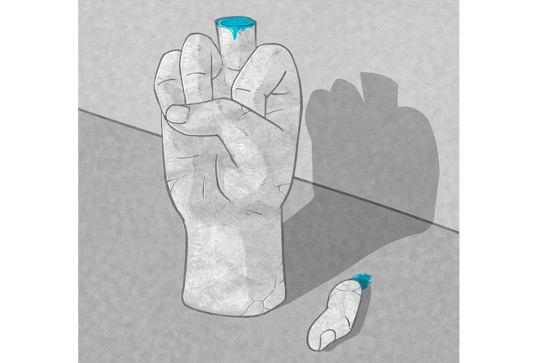The Palestinian Authority is looking for creative ways to continue transferring payments to terrorist prisoners and to families of shaheeds, circumventing Israeli opposition
On November 17, 2020, Hussein al-Sheikh, head of the PA General Authority of Civil Affairs and member of Fatah’s Central Committee, as well as a close associate of Mahmoud Abbas, announced the resumption of ties between the PA and Israel in their previous format. The announcement means the renewal of civil and security coordination with Israel in the same format as before May 19, 2020, the date on which Mahmoud Abbas announced the termination of coordination with Israel. The PA’s announcement reflects its willingness to return to the previous course of civil and security coordination with Israel, after relations were cut off (although not completely) almost half a year ago[1].
From the PA’s perspective, one of the key issues in the resumption of ties with Israel is the renewal of the transfer of the tax revenue funds that Israel collects for the Palestinian Authority. According to Palestinian economist Jafar Sadaqa, Israel holds NIS 3 billion accumulated since May 2020 (Al-Araby Al-Jadeed, November 12, 2020). The issue of the tax revenue funds is a source of controversy between Israel and the PA because Israel deducts from the tax revenue funds the salaries paid by the PA to Palestinian terrorists imprisoned in Israel and to families of shaheeds.
Financial support for terrorist prisoners, released prisoners and families of shaheeds is firmly rooted in the Palestinian ethos and, in the ITIC’s assessment, the PA does not intend to make any substantial changes in this support. However, in order to please Joe Biden’s new US administration and enable the transfer of the tax revenue funds from Israel, which the PA needs due to its economic difficulties, two “creative solutions” have recently been put forward in the PA regarding payments to terrorist prisoners and their families. One, paying stipends based on an assessment of the socioeconomic status of the terrorist prisoners and their families, instead of paying salaries based on the nature of the attack carried out by each of the terrorists or the number of years he spent in prison. Another solution, which dates back to the Arafat era, is to employ the released terrorists at the PA’s civilian institutions and its security services. This will enable terrorists to continue receiving their salaries from the PA under the guise of their “employment” at its institutions. To this end, questionnaires have already been distributed to released terrorists, asking them to specify where they wanted to work.
Ideas for circumventing the difficulties in paying salaries to prisoners by the PA have been proposed and implemented in the past but due to the basic positions of the PA and Palestinian society they failed to solve the problem of Israel’s refusal to transfer funds that would be used to pay salaries to terrorists, some with blood on their hands. It is therefore doubtful whether behind these ideas lies a genuine intention on the part of the PA to stop providing generous salaries to Palestinian terrorists and families of shaheeds. It is more likely that proposing these solutions at the present time is designed to please the new administration of President-elect Joe Biden and enable the PA to receive the tax revenue funds from Israel.
.
For the full article (PDF): Press Here
.
November 26, 2020, published onThe Meir Amit Intelligence and Terrorism Information Center






